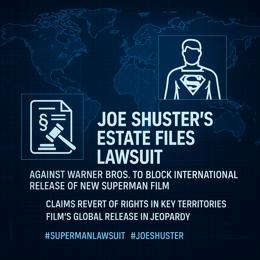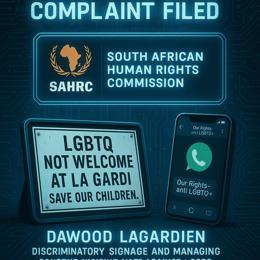Image created by AI
Kleinfontein Settlement Disputes Illegality Amid Tshwane Bylaw Enforcement Orders
In the wake of recent court developments, the exclusive Afrikaner township of Kleinfontein has come under scrutiny, with the High Court in Pretoria ordering the local government to enforce bylaws in the area. Residents of Kleinfontein, however, maintain their actions are lawful and challenge the perception of their community's illegality. At the heart of the settlement stands an ethos of cultural preservation and self-reliance.
Rietfontein director and shareholder Dannie de Beer is at the forefront of defending the settlement, which many characterize as a culturally homogeneous enclave on the outskirts of Pretoria. In response to the court ruling, he conveyed that there hasn't been formal communication from the city following the judgment.
Kleinfontein’s formation dates back to the early 1990s. Occupying over 900 hectares, this settlement is not just a mere residential area but a manifestation of the Afrikaner ethos, equipped with infrastructure to support a high degree of autonomy: an internal electricity grid, water supply, and wastewater system mark the distinctiveness of Kleinfontein. The proud display of statues of historic Afrikaner figures emphasizes a deep-rooted cultural identity.
Dannie de Beer described the legal efforts to formalize Kleinfontein, acknowledging the millions invested in seeking legitimate recognition. Yet, despite ongoing contention with the City of Tshwane, residents like de Beer see their independence in amenities as a testament to their community's resolve. Kleinfontein has sought to create a share block scheme, akin to the model in Orania, another well-known Afrikaner town, where ownership is allocated through company shares.
Discord within Kleinfontein came into the public eye with the complaint lodged by former directors, leading to a court stipulation against the incitement of a levy boycott - a dispute hinged on internal administration rather than outright illegality.
The broader question raised by the recent court ruling encompasses potential double standards in legal enforcement. With other informal settlements, such as Pienaarspoort, in the mix, Kleinfontein's supporters question the selective application of urban regulations.
A response from the City of Tshwane indicates contemplation. Spokesperson Selby Bokaba confirmed an ongoing review with their legal team to decide on the appropriate actions following the court judgment. Meanwhile, opinions within local politics vary, with voices like EFF councillor Obakeng Ramabodu insisting that the city must apply regulatory norms across the board.
In conclusion, the complexity of Kleinfontein's situation brings to attention the challenges of governance within diverse cultural landscapes. Residents stand their ground, ardently defending the legitimacy of their lifestyle, while the city deliberates on the correct course of action—all against the backdrop of a country working to balance the scales of equality and heritage.










